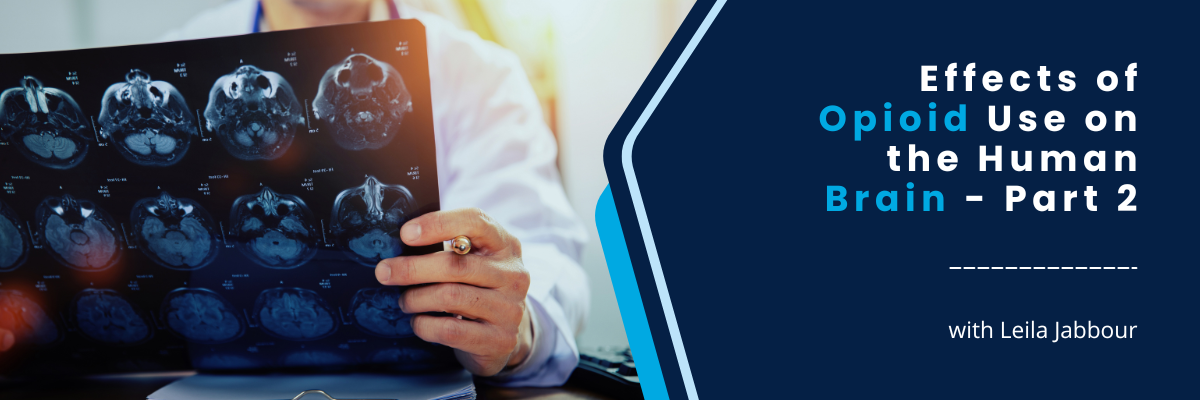
Effects of Opioid Use on the Human Brain - Part 2 Webinar
-
You must log in to register
- Learners - $15
A 1.5-Hour On-Demand Webinar with Dr. Leila Jabbour, PhD
On-Demand
Presentation: The opioid epidemic has had devastating consequences on families across New Hampshire. The opioid overdose death rate doubled between 2011 and 2015 and has remained at that level since. For individuals still battling opioid use disorder, the effects on the brain are long-lasting and difficult to overcome. Part 2 of this training sheds light on how opioids have an impact on craving, decision-making, and overall human behavior. These changes can be long-lasting and epigenetically passed on to the next generations.
As a result of this training, participants will be able to:
- Describe the difference between tolerance and dependence;
- Explain how opioids effect the different parts of the brain; and
- Summarize opioids’ long-lasting impact on overall brain function.
1.5 Contact Hours Available
CRSW Performance Domains: 3 & 4
LADC/MLADC Categories of Competence: 3, 5, 7, 14-18
Certified Prevention Specialist Domains: 6
NBCC: LICSW/L-MFT/LCMHC (Category A) & Psychologist (Category A)
NH Alcohol & Drug Abuse Counselors Association has been approved by NBCC as an Approved Continuing Education Provider. ACEP No 6754. Programs that do not qualify for NBCC credit are clearly identified. NHADACA is solely responsible for all aspects of the program.
This training is financed under a contract with the State of NH, Department of Health and Human Services, with funds provided in part by the State of NH and/or such funding sources as were available or required, e.g., the United States Department of Health and Human Services.

Dr. Leila Jabbour
Associate Professor
Franklin Pierce University
Dr. Jabbour earned her doctoral degree in Molecular Biology from the Anatomy department at Case Western Reserve University, where she then also pursued a post-doctoral fellowship in the pathology department. Her interest in drug use disorder begun when she volunteered for the Cleveland medical examiner. She is now an associate professor at Franklin Pierce University where her research is focused on investigating the effects of opioids on the human brain. In collaboration with the New Hampshire medical examiner, Dr. Jabbour generated a unique brain specimen collection, from human brains, collected at autopsy of opioid overdose. She is currently testing these specimens to assess differential gene expression across different brain regions. The project is specifically focused on three regions implicated with opioid use disorder, within the reward circuit (the nucleus accumbens, amygdala and hippocampus). Her research is funded by the Institutional Development Award (IDeA) from the National Institute of General Medical Sciences of the National Institutes of Health (NIH) - grant number P20GM103506
